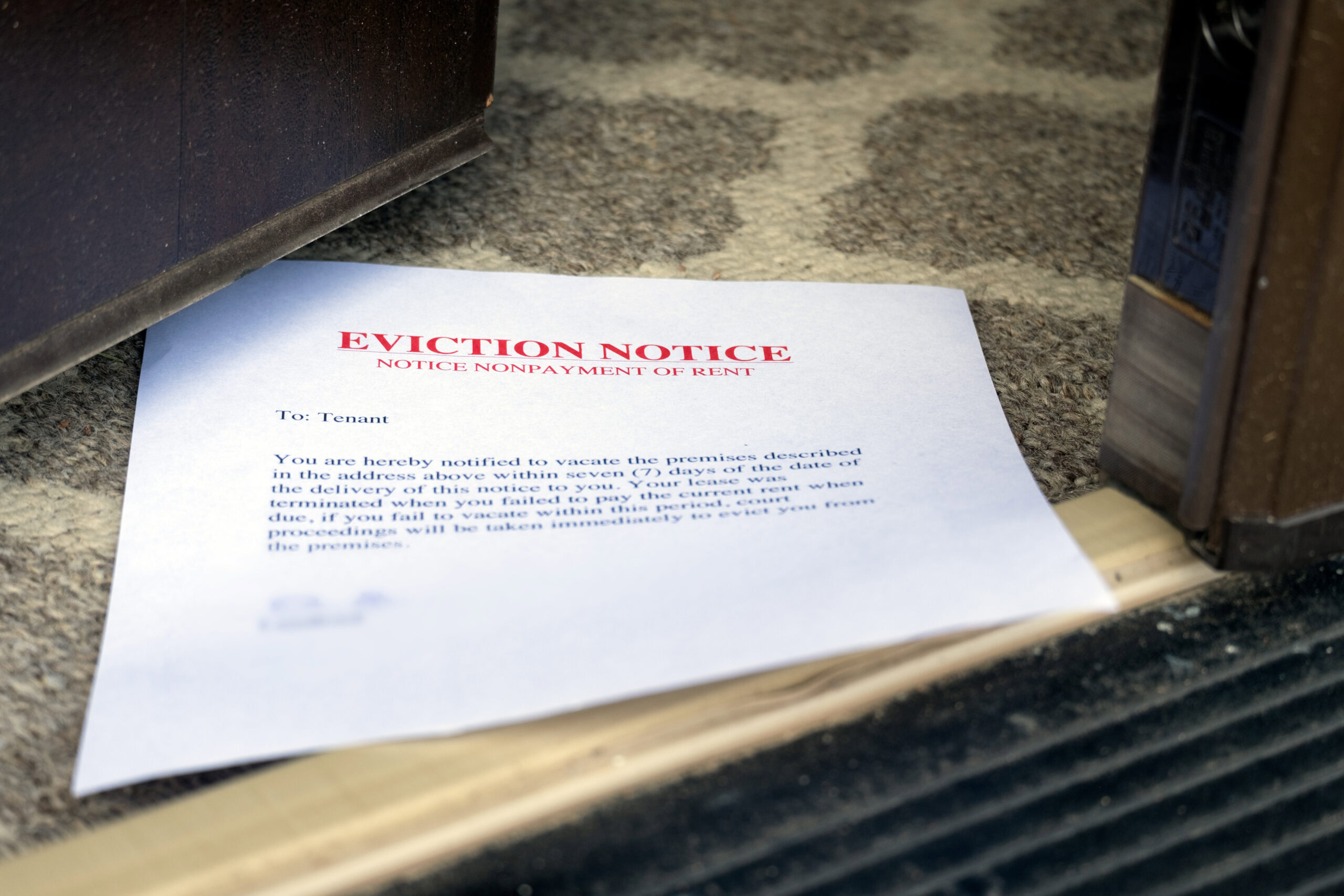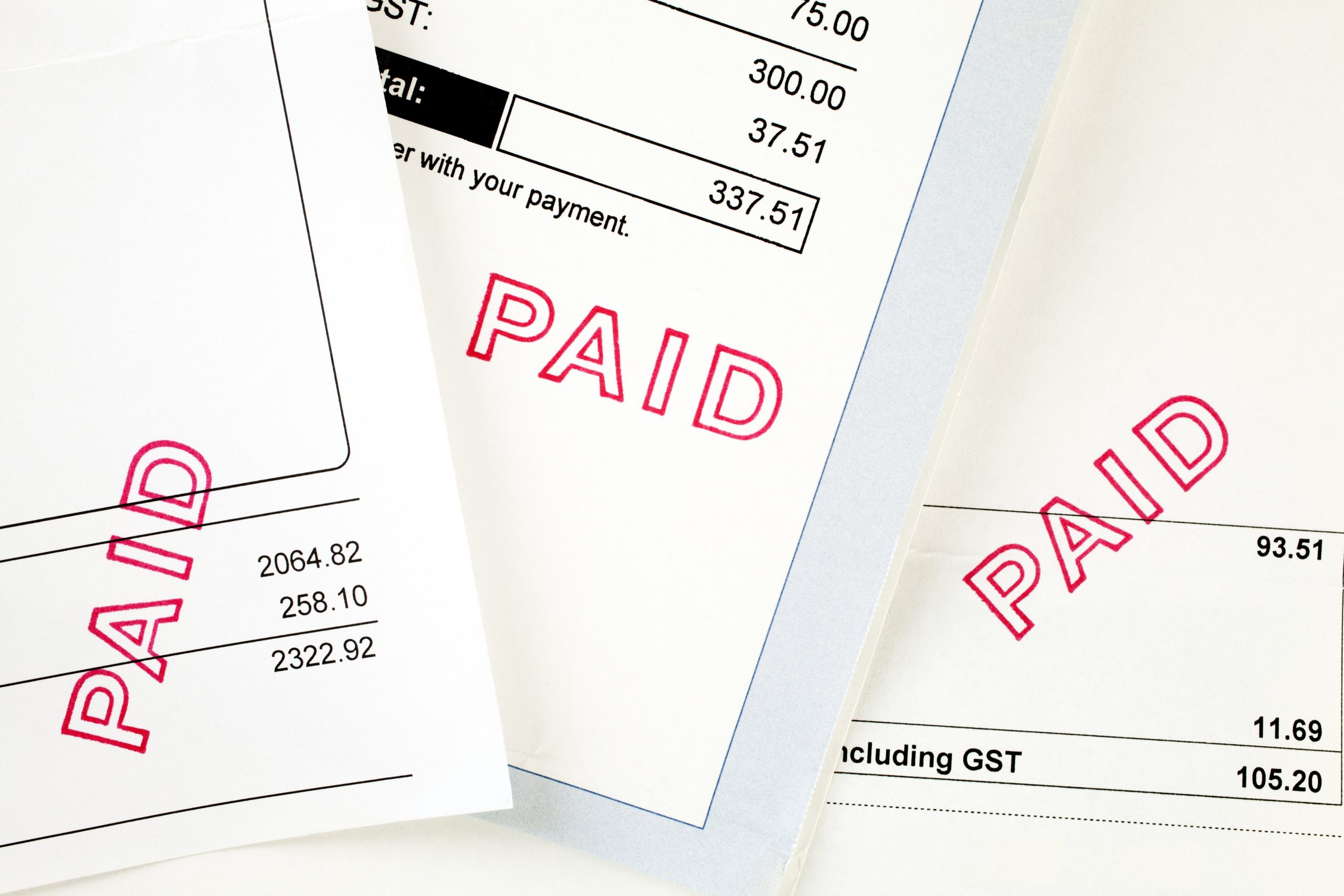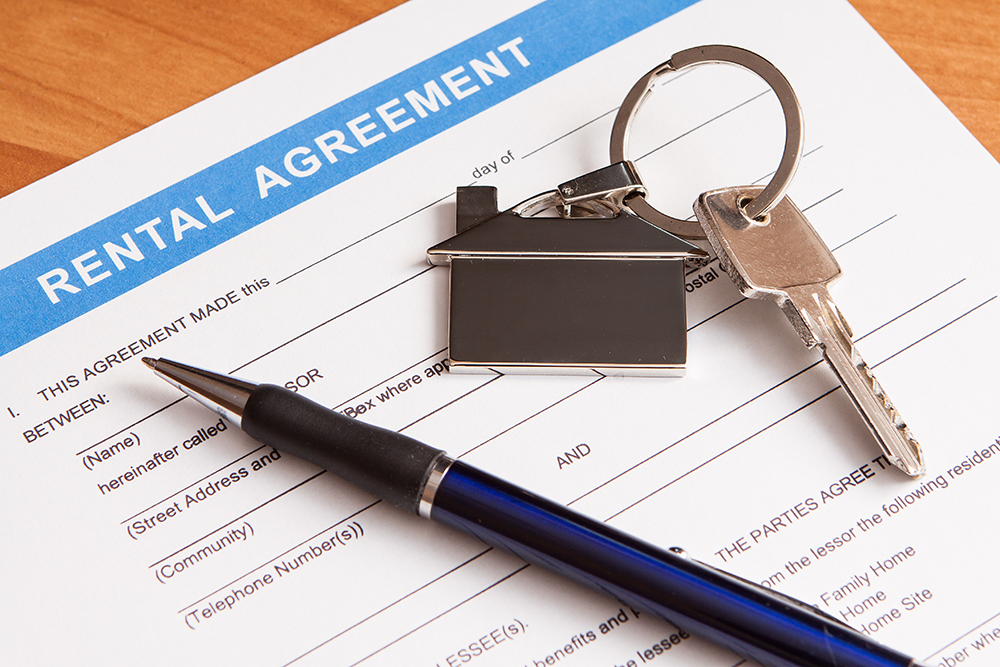According to research by digital mortgage lender Molo, more than half (59%) of UK landlords have seen an increase in late rent payments.
Late payments aren’t just inconvenient; they can have a serious knock-on effect for letting agents and landlords. Not only can it mean your agency receives its fees late, but it can also impact your landlord’s buy-to-let mortgage repayments.
Here’s how you can help tenants keep up with payments and fulfil your rent collection services to landlords.
Choose the right tenants
Choosing the right tenants doesn’t guarantee they won’t default or make any late payments, but it can help lower the risk.
Tenant referencing is an essential part of the screening process. Not only does it help ensure tenants have the right to rent, but credit and affordability checks also give you insight into their financial circumstances.
Credit checks should flag any issues that might suggest potential tenants have struggled with money in the past, such as county court judgements or bankruptcy.
Set clear terms in a tenancy agreement
ASTs (assured shorthold tenancies) are the most common type of tenancy agreement, but regardless of the type of contract you have, its terms should be set out clearly.
This includes setting out the cost of rent, payment date, and payment method. As simple as it sounds, an explicitly clear tenancy agreement means there shouldn’t be any confusion about what’s owed and when. This can also help landlords pursue a claim or issue an eviction notice if tenants default.
Send reminders
Sending reminders to tenants might sound simple, but it can be very effective. Reminders enable tenants to plan their budgets and meet upcoming rent due dates.
Keeping a record of when reminders were sent can also help your landlords if they need to issue a Section 8 eviction notice.
Set up recurring payment methods
Although not foolproof, one of the best ways of collecting rent on behalf of landlords is to set up recurring payments electronically.
Automated payments, such as Direct Debit, can still fail if tenants don’t have enough money to cover the rent. However, with many banks charging for bounced payments or overdraft fees, tenants may be less likely to knowingly miss a rental payment. Your agency may also have its own or use a third-party online payment portal.
The benefit of online payments, whether through standing orders, Direct Debits, or an online portal, is that there will be a record of all the transactions for everyone’s benefit.
Where possible, it’s preferable to avoid cash payments, as they are far less efficient. Cash payments can be time-consuming if you have to collect rent yourself from the property or if you’re waiting for tenants to come to you. You’ll also need to remember to record the transaction and issue and keep receipts for you, your landlord, and the tenant.
Introduce late fees
Late fees aren’t always practical and can cause tension and resentment between all parties, particularly if tenants refuse to pay the extra charge.
If you decide to implement a late fee on behalf of your landlords, be clear on what you can and can’t do under the terms of the Tenant Fees Act 2019.
- Late fees can only be charged if rent is 14 days late (from the payment date set out in the tenancy agreement).
- Fees cannot be more than 3% above the Bank of England’s base rate for each day that rent is late.
Inspect the property regularly and keep it well maintained
Property inspections and maintenance might not directly affect rent payments, but they can help build a cooperative relationship with tenants, which can, in the long term, this can encourage them to pay on time.
Regular inspections allow you and tenants to discuss any issues so they can be dealt with before they become major problems. It can also help you reassure landlords that the property is being looked after, and if it isn’t, you can take the opportunity to discuss this with tenants.
Establishing a good relationship with tenants can also mean they’re more willing to come to you if there is a genuine problem with rental payments. If tenants’ circumstances change and rent becomes a struggle, setting out a payment plan or giving them some flexibility over payment dates could prevent them from defaulting altogether.
Establish a safety net
Even with the best practices in place and comprehensive tenant referencing checks, there are no guarantees that tenants will never default or make a late payment.
That said, rent guarantee insurance provides a safety net that can help minimise the financial impact on your agency and your landlords. Policies will vary depending on the provider, but our rent guarantee insurance covers all tenant types and rent up to £5,000 per month* for up to 15 months. Legal expenses can also offer support and advice should your landlord decide to issue an eviction notice.
To find out more about how we can protect you and your clients’ needs, contact a member of our team on 01603 649727.
*£5,000pcm cover available to agents with at least 50 active policies in place.
Information provided in this article was correct at the time of publication. This article is intended as a guide only. Please note that legislation does change, it is always best to check the most up to date guidance on gov.uk.






























































